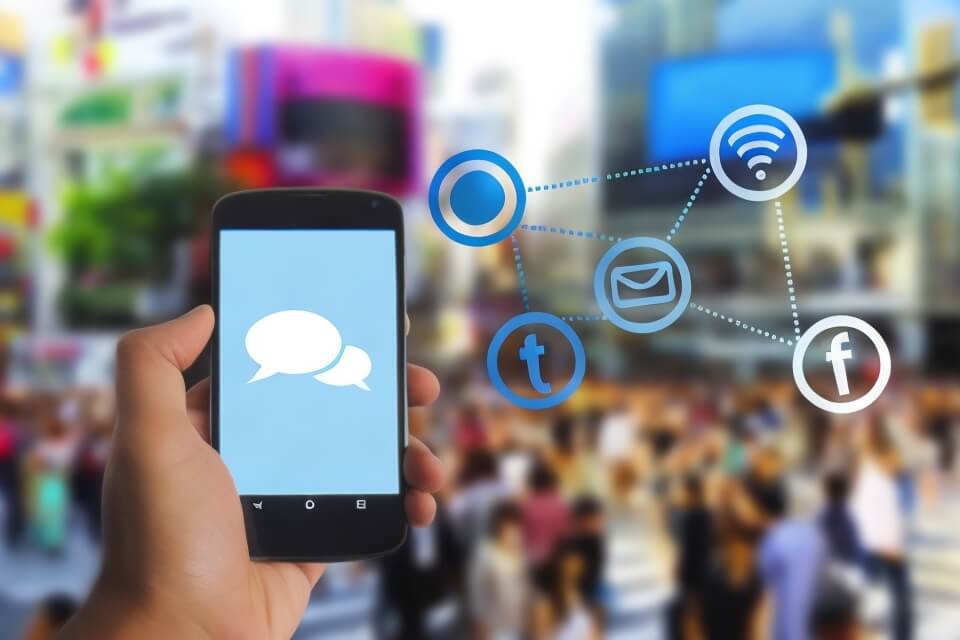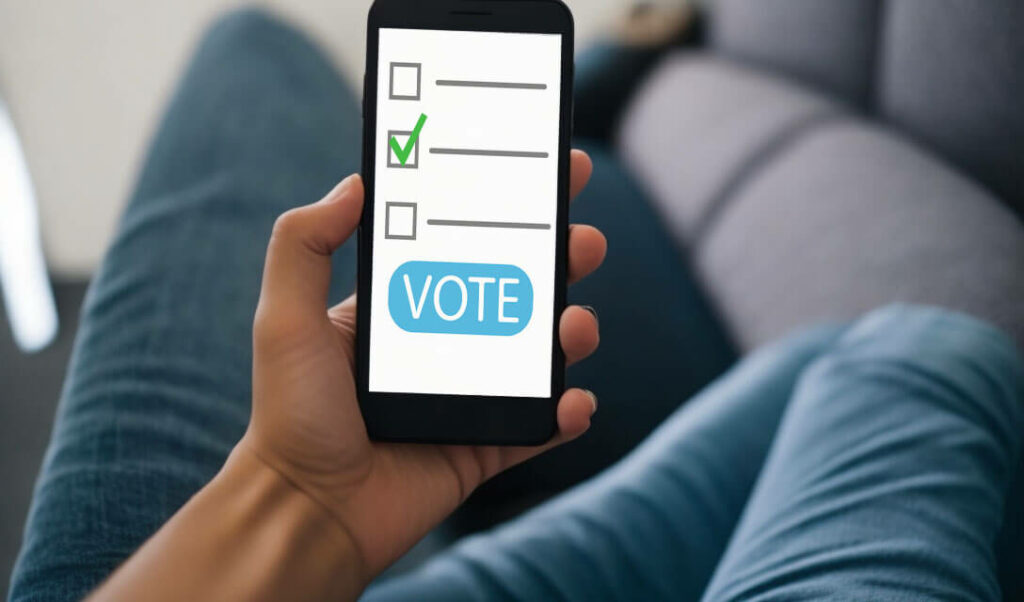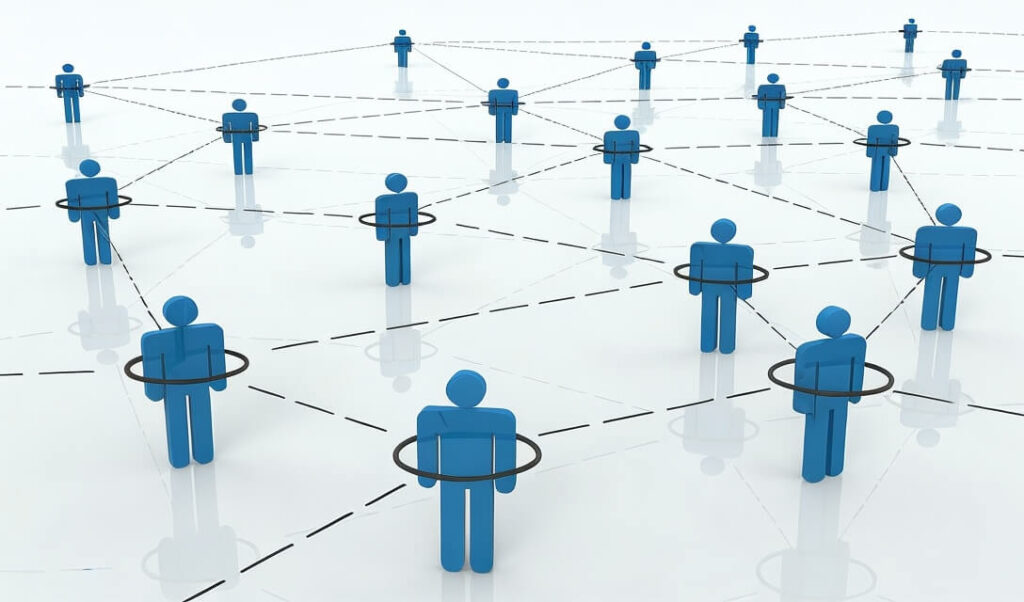Social media has greatly altered politics. In the past, the common mediums for political campaigns and ads were television, newspapers, and radio. Today, with social media becoming the modern-day public forum, many political candidates are using it as a vehicle for political communication.
Besides, it’s impossible to find a political party that doesn’t have a page on Twitter, Facebook, and YouTube, among other social media platforms. Not to mention that politicians constantly engage with their fans on social platforms.
So, how does social media affect politics? Below we take a detailed look at the impact of social media on politics and what we can expect in the future.
Why Does Social Media Affect Politics?

The media have a few essential roles it plays when it comes to politics. The primary function of any form of mass media to the public when it comes to politics is to provide citizens with information so that they can make sound political decisions. The media also acts as a watchdog by checking the actions of political leaders and the government. Additionally, political leaders can air their opinions through the media. The media also provides a forum through which political leaders can discuss public issues with their constituents.
Social media, unlike the media that came before, has a few unique qualities that make it a more attractive option when it comes to politics and political campaigns. A closer look at these unique qualities of social media will help us answer the question – why has social media affected political campaigns?
Firstly, social media transcends physical boundaries in addition to being accessible 24/7. For instance, social media channels like Facebook, YouTube, and Twitter provide access to political news and other information 24/7. Whereas you have to wait for days or hours to get the latest news from mediums such as newspapers and TV, news on social media can be accessed around the clock thanks to internet connectivity provided by internet service providers. Besides, there is no shortage of political news on social platforms.
The ability of social media to transcend physical boundaries has also improved political engagement among the public. The dynamic nature of social media provides a public forum through which politicians can directly engage with potential voters. It also allows for open communication and gives voters more access to political news. Besides, social channels build a sense of community. And thanks to social media, more public members are today more engaged in political activities such as voting, taking part in political polls, and protest movements.
Another notable reason why social media affects politics is that voters get a one-on-one opportunity to interact with politicians and their elected leaders. In the past, if you wanted to talk to a politician, you’d have to attend a live event. With modern social media platforms, you can interact with your favorite politician through a virtual event or a live stream. Social platforms also give politicians a direct line they can use to talk to their followers.
Social media companies have also allowed the average person to perform the watchdog role that was in the past left to a selected number of journalists. This has led public officials to be under greater scrutiny as ordinary citizens can now bring issues and events affecting political leaders into the public eye.
Social media also provides better opportunities for fundraising and political advertising. For instance, social media channels such as YouTube and Twitter have enabled better targeting when it comes to political advertisements. On social media, ads and campaigns can reach the right audience. For instance, if a candidate wants to target their ad to college students, they can tailor their message to this demographic group with the help of social media analytics and targeted advertising.
The Role of Social Media in Political Campaigns

Political campaigns are an inherent part of politics. But how do political campaigns influence voters?
Well, a political campaign’s main agenda is to persuade voters. Political campaigns have in the past used ads, speeches, and theme songs to persuade voters. However, over time the media and campaign strategies have changed, and today many candidates have embraced social media as one of the mediums for political campaigns, as explained below.
Political Advertising on Social Media
Social media has been a game changer when it comes to political advertisements. In the past political candidates would use advertising mediums such as TV, radio, and print media. Barack Obama was one of the first political candidates to use social media for advertising back in 2008 during the U.S. presidential elections. With the help of 15 social media platforms, Obama was able to advertise and raise awareness and finances for his campaign. Today, most political candidates have an online presence and use social platforms like Twitter and Facebook to advertise.
Notably, social channels provide instant feedback, which makes it easy for political candidates to adjust their ads if the campaigns are not receiving the expected response. Social media engagement has further affected the language and imagery used in political ads and campaigns.
Moreover, social media helps level the playing field as it is an affordable option for advertising compared to traditional media outlets. While marketing social posts may cost the politician money, opening a social media account is free, and one can use such an account to speak directly to constituents, air their political opinions, solicit funds, and encourage potential voters to go and vote.
Another benefit of social media is that it allows for better targeting when it comes to political advertisements. Candidates can segment their audience and target only those that are interested in their message.
Political Information
Social media is a great platform for sharing information. It allows people who wouldn’t have access to political information to access it. Further, social platforms have created an outlet for politicians and voters to express their ideas and opinions on different political issues. This has allowed open discussion on issues, which was impossible with traditional media outlets.
Politicians also use social media to share engaging content that helps them build trust and credibility with their followers. Many politicians can also be seen communicating with their constituents online and showing them a more personal side to them. For instance, presidential candidate Pete Buttigieg during his presidential campaign in 2020 introduced his dogs to his Twitter followers. On the other hand, United States Senate. Elizabeth Warren had a live chat with her supporters on Instagram. Such efforts help humanize the candidate’s campaign while also building a more personal connection with potential voters.
Fake News and Rumors
Despite the positive impact social media has had on politics, it has been criticized for being a source of misinformation and rumors. Notably, social media channels aren’t liable for what is posted on them. This means anyone can post false political content on these sites, and the social media platform won’t be sued. This is why there is a lot of fake news, and propaganda spread on social platforms. Unfortunately, such misinformation only serves to influence certain audiences towards a particular way of thinking.
Besides, it’s easy for content creators to create fake accounts and use them to spread false information, especially on social platforms that have a younger audience. Young viewers, due to inexperience, end up forming biased opinions that are based on manipulated information found on social media. Moreover, there are sites on online social channels owned by malicious private companies whose aim is to spread fake news and political biases. Unfortunately, due to the vast amount of political information on social media, verifying its accuracy becomes difficult for most users.
Social Media and the Politics’ Future

Social media has had a great impact on politics. In the future, we expect to see more political changes influenced by social media. A few expected changes in the future of politics due to social media include:
- Polling techniques – Polls on social media are a common occurrence. In the future, we expect to see better polling techniques and more accuracy when it comes to polling results.
- Online voting – This proposal could be a game changer in politics. Internet voting would increase the number of people willing to vote, and hopefully, it would also improve transparency in relation to voting results.
- Source of information – Social media is the new public space for discussing political news and expressing opinions. For recessive societies, social media can promote a positive democratic process. For instance, across North Africa and the Middle East, people have in the past used social media to speak against government corruption demanding a change in their countries’ political processes.
- Virtual political rallies – Rather than holding rallies physically, political candidates can now hold virtual political rallies, and this is expected to become a common occurrence in the future. Unlike field rallies, virtual rallies have no location constraints, and they are also less costly. Virtual rallies also preserve the quality of life as they don’t disturb the community around the venue.
Conclusion
A lot of political activities happen on social media channels, from debates and polls to political news and fundraising. And as social media grows in popularity, it will be interesting to see how it affects politics in the future. Hopefully, after reading this article, you now have an idea of the role played by social media in politics.
- YouTube Shorts Growth: How to Use Shorts to Boost Your Channel - July 12, 2024
- Best YouTube Video Ideas to Get Subscribers - June 20, 2024
- A Guide to Effective YouTube Growth Strategies That Work - June 20, 2024

